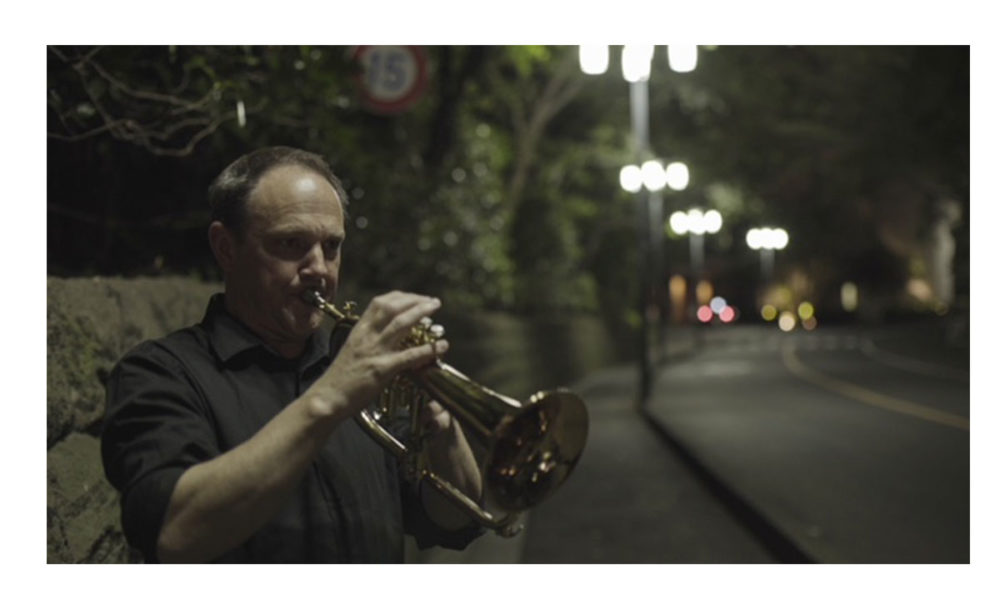My son just finished his sophomore year in high school and is looking to play baseball in college. All of the college coaches we have met have said that they are looking for student athletes who are “coachable.”
What does that mean? Being coachable is an important quality and skill that is necessary for all athletes—and musicians—of all ages.
A Willingness to Accept Critique
If a conductor, private teacher, or audition panel asks if you can play a passage or a phrase in a different way, you want to be able to show that you have the willingness to be corrected and that you can execute on the correction.
A Willingness to be Flexible
I recently watched a masterclass given by Malcom Lowe, concertmaster of the Boston Symphony Orchestra; he was talking with students about auditions. He talked about being flexible and being able to make changes quickly if asked by a conductor or adjudicator. You might be asked to phrase or shape a passage differently or play a passage with different articulations, dynamics, or tempo. The reason they are telling you to change things up is to see if you will be a good fit for their ensemble or studio.
A Willingness to Try New Interpretations
Many of you will be having auditions in some capacity over the next few months. In preparing your music, try practicing a phrase with different interpretations—shorter, longer, softer, louder. You want to be able to show that you are the type of person who wants to grow, learn, and improve as a person and musician.


